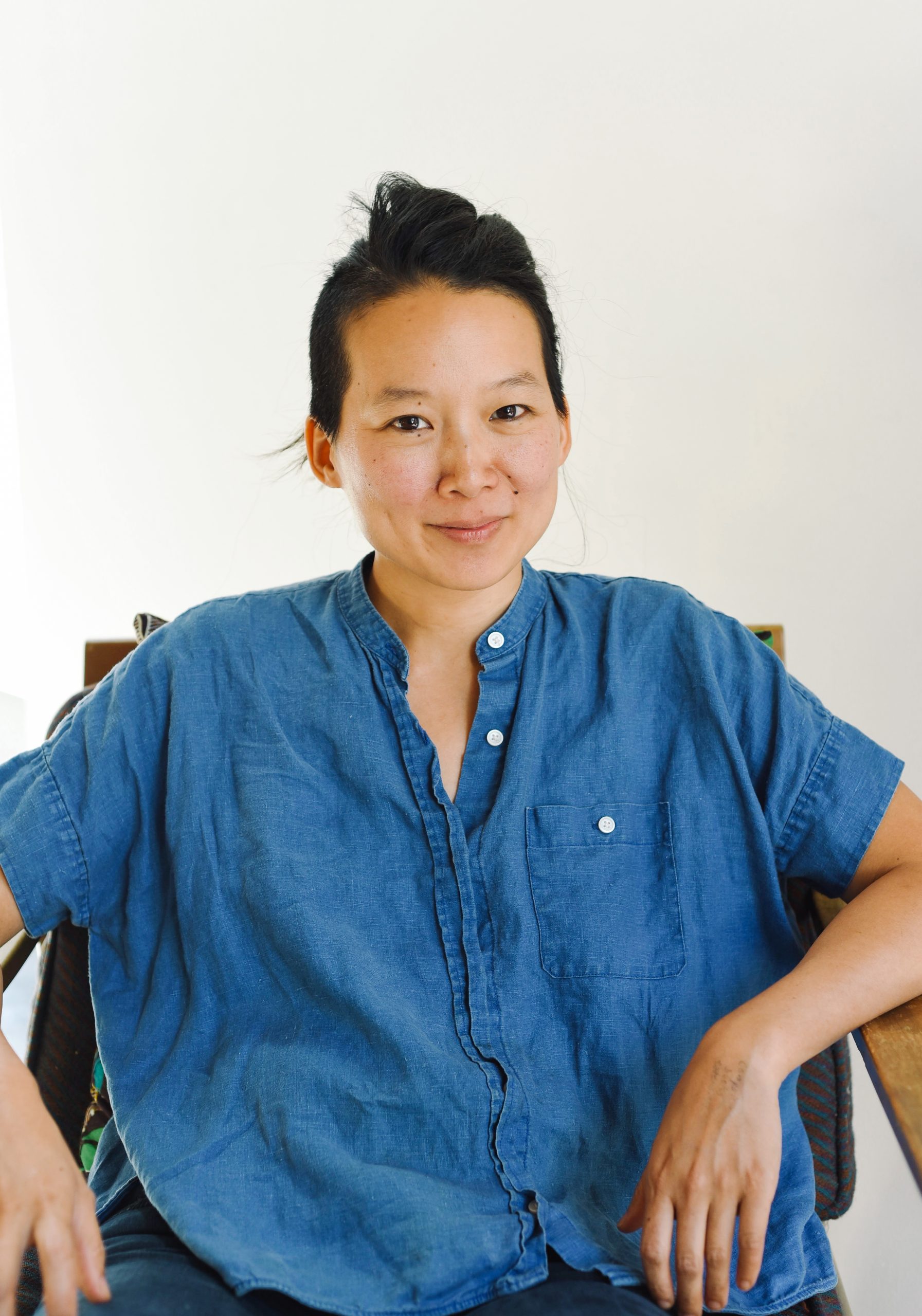Artists
Candice Lin
Candice Lin (born in Concord, United States; lives in Los Angeles, United States) investigates the cultures and histories embedded in objects and materials related to colonial trade, alternative healing practices, and bodily functions. Frequently exhibitsing legacies of colonization and the racialized histories of virology and indentured labor, her works take the form of multi-sensory sculptural installations in which she uses living materials and processes, such as mold, mushrooms, bacteria, fermentation, and stains.
- Born
- Concord, United States
- Countries / Nations
- United States
- Lives
- Los Angeles, United States

Works

Candice Lin and P. Staff, LESBIAN GULLS, DEAD ZONES, SWEAT & T., 2017, installation views, Human Resources, 2017. Courtesy of the artists, Human Resources (Los Angeles), and François Ghebaly (Los Angeles)

Candice Lin and P. Staff, LESBIAN GULLS, DEAD ZONES, SWEAT & T., 2017, installation views, Human Resources, 2017. Courtesy of the artists, Human Resources (Los Angeles), and François Ghebaly (Los Angeles)
Rivers Flowing Through Bodies
In the installation LESBIAN GULLS, DEAD ZONES, SWEAT & T., Lin and Staff highlight the subversive potential of natural chemicals and trace the unpredictable circulation of hormones within and beyond bodies. The collaborative work primarily comprises hacked commercial fog machines emitting what the artists call hormonal smoke: air infused with tinctures of natural anti-androgens, materials—such as licorice and black cohosh—that inhibit the production of testosterone in the body. Though intangible and nearly invisible, these lingering clouds emphasize the power of inanimate materials to influence the living. Hormones—often understood as a stable determinant of binary sex—in fact fluctuate all around us, linking gendered bodies to synthetic substances as well as the “natural world.” Including wooden dividers that resemble the partitions from which walls are constructed, into which various objects—ceramics, erotic texts, herbs—are incorporated, the hexagonal installation imitates the atomic structure of a benzene ring, a chemical compound that determines the behavior of sex hormones and is altered by their aromatization. As its title indicates, LESBIAN GULLS, DEAD ZONES, SWEAT & T. explores the dense interdependence of bodies, ecosystems, and institutional structures, debunking the pejorative aspect attached to notions of contamination, toxicity, and interspecies exchanges. Through this queer exploration of hormonotherapy, Lin and Staff recenter a botanical knowledge marginalized by colonialism.